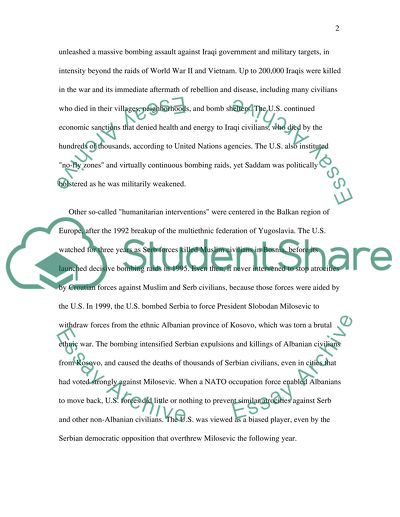Cite this document
(“Intervene or not Intervene Case Study Example | Topics and Well Written Essays - 1750 words”, n.d.)
Retrieved from https://studentshare.org/politics/1506013-intervene-or-not-intervene
Retrieved from https://studentshare.org/politics/1506013-intervene-or-not-intervene
(Intervene or Not Intervene Case Study Example | Topics and Well Written Essays - 1750 Words)
https://studentshare.org/politics/1506013-intervene-or-not-intervene.
https://studentshare.org/politics/1506013-intervene-or-not-intervene.
“Intervene or Not Intervene Case Study Example | Topics and Well Written Essays - 1750 Words”, n.d. https://studentshare.org/politics/1506013-intervene-or-not-intervene.


